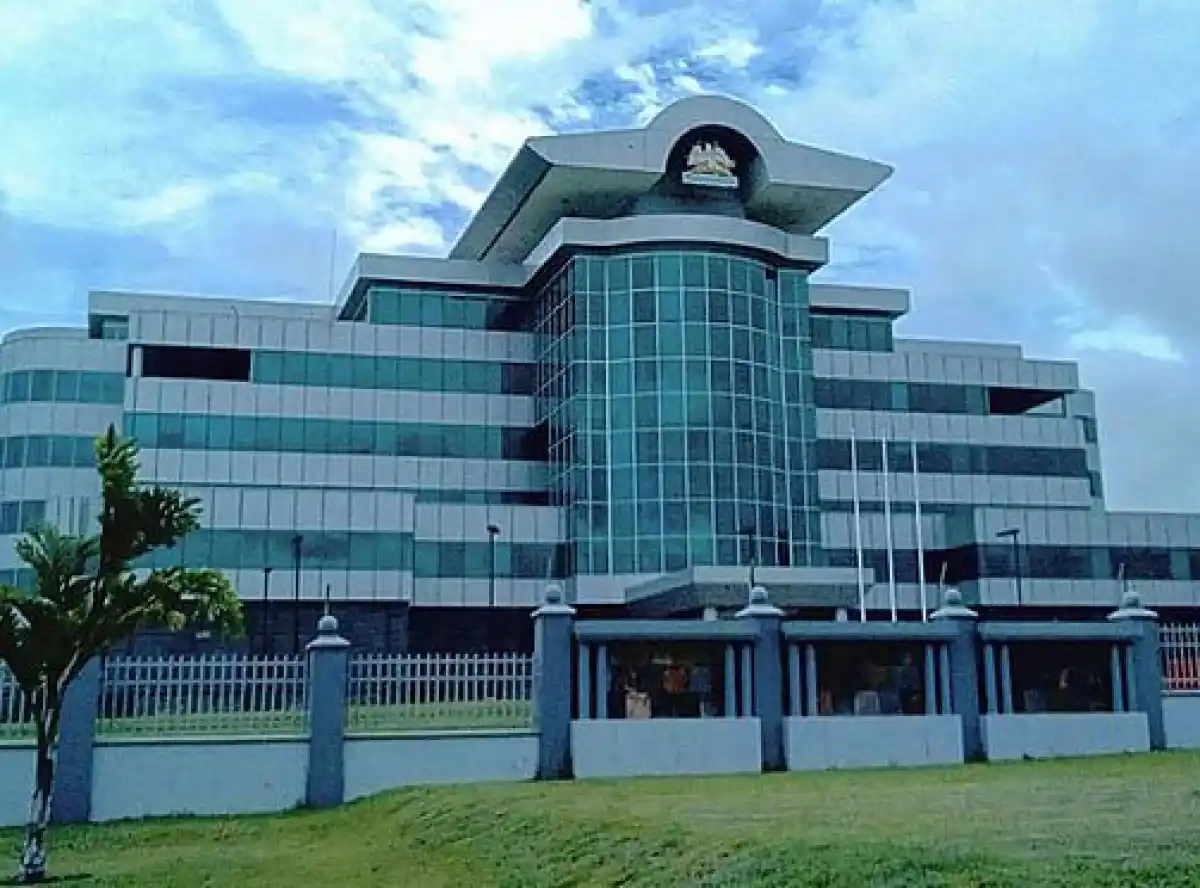
Malawi’s economy continued to grapple with inflationary pressures and currency instability in August 2024, according to the latest Market Intelligence Report from the Reserve Bank of Malawi (RBM).
According to information in the report, the local economy is struggling to find solid footing due to global and domestic challenges.
For example, it notes that inflation inched up to 33.9 percent in August from 33.7 percent in July, which signals the persistent nature of price pressures in the economy.
Both food and non-food components contributed to the increase, with food inflation rising to 42.4 percent and non-food inflation reaching 22.7 percent.
Maize prices marginally increased to K797 per kilogramme, up from K792 in July.
Also, the local unit, the Kwacha, depreciated slightly by 0.05 percent against the US dollar, recorded at K1, 750.33 per US dollar at the end of August compared to K1, 749.49 recorded at the end of July.
However, fuel prices were stable during the month under review at K2, 530 and K2, 734 per litre for petrol and diesel, respectively.
This means that consumers and businesses enjoyed a breather from the stability in fuel prices, but the rise in maize prices – a staple food for Malawians – is likely to keep pressure on household budgets.
Meanwhile, the RBM report notes that trends in the local economy are reciprocating developments in sub-Saharan African economies noting that the region continues to struggle with food security, currency stability, and economic growth.
“Malawi’s persistent inflationary pressures and slight currency depreciation indicate deep-rooted challenges in agricultural productivity and imbalances of supply and demand of foreign exchange,” the report reads.
In a recent interview, Economics Association of Malawi President Bertha Chikadza reiterated the need to diversify the economy.
“The government must prioritise economic diversification by reducing reliance on agriculture and promoting other sectors. Investing in agricultural development and ensuring climate resilience is also crucial. Effective policies to control inflation and stabilise the exchange rate are essential,” Chikadza said.
Economist Velli Nyirongo also said it is paramount for the government to address inflationary pressures with urgency and support economic growth.
“The government will need to adjust its spending and taxation policies. The Reserve Bank will be forced to keep on tightening monetary policy by raising the interest rates to combat inflation,” Nyirongo said.
Secretary to the Treasury Betchani Tchereni said the future of the local economy is very good.
“We have signed mining development agreements (MDA) for the first time. We have also got two other companies that said we are not going to use the MDAs. So having four big mining companies operating in Malawi it means that by the end of next year, we should begin to see a lot of foreign exchange coming into the country,” Tchereni said.
He added that there is a lot of excitement on establishment of mega farms, which raises hope of increased production in the near future.


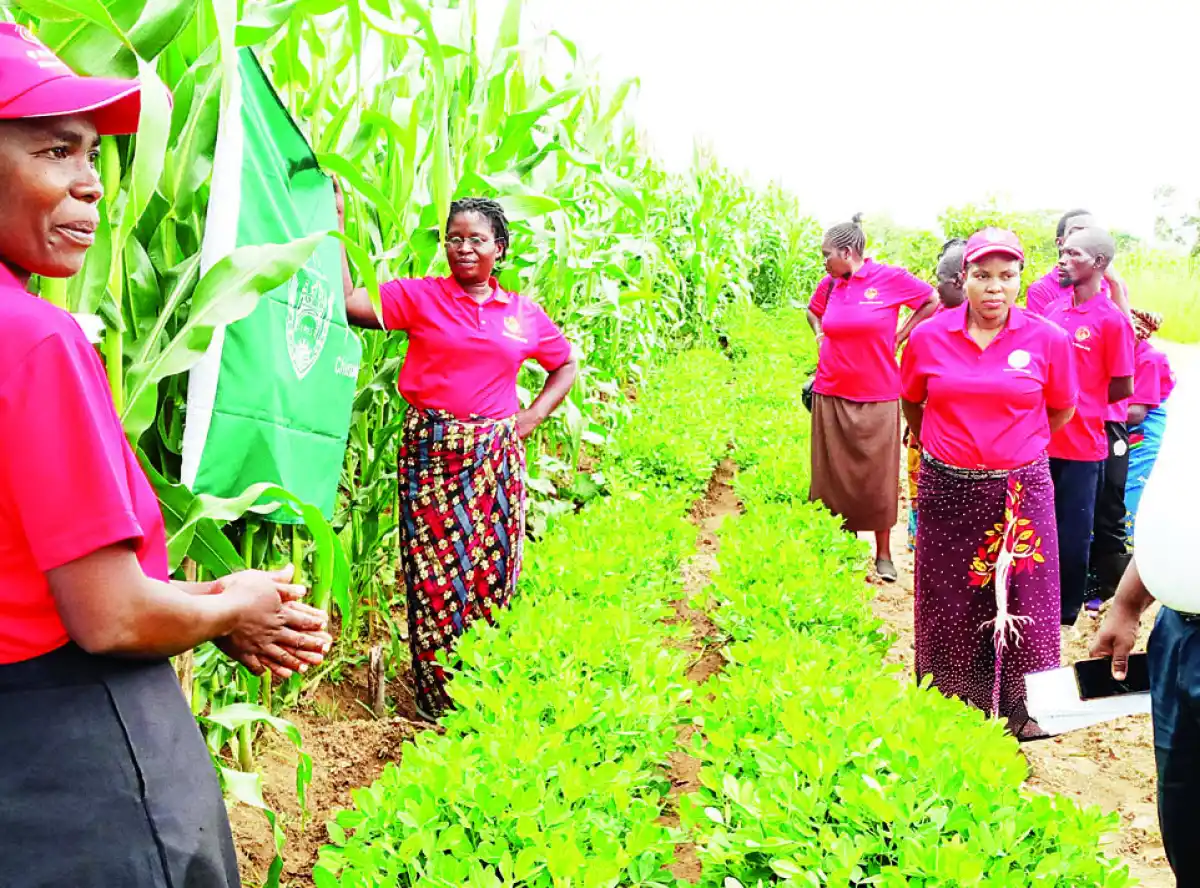

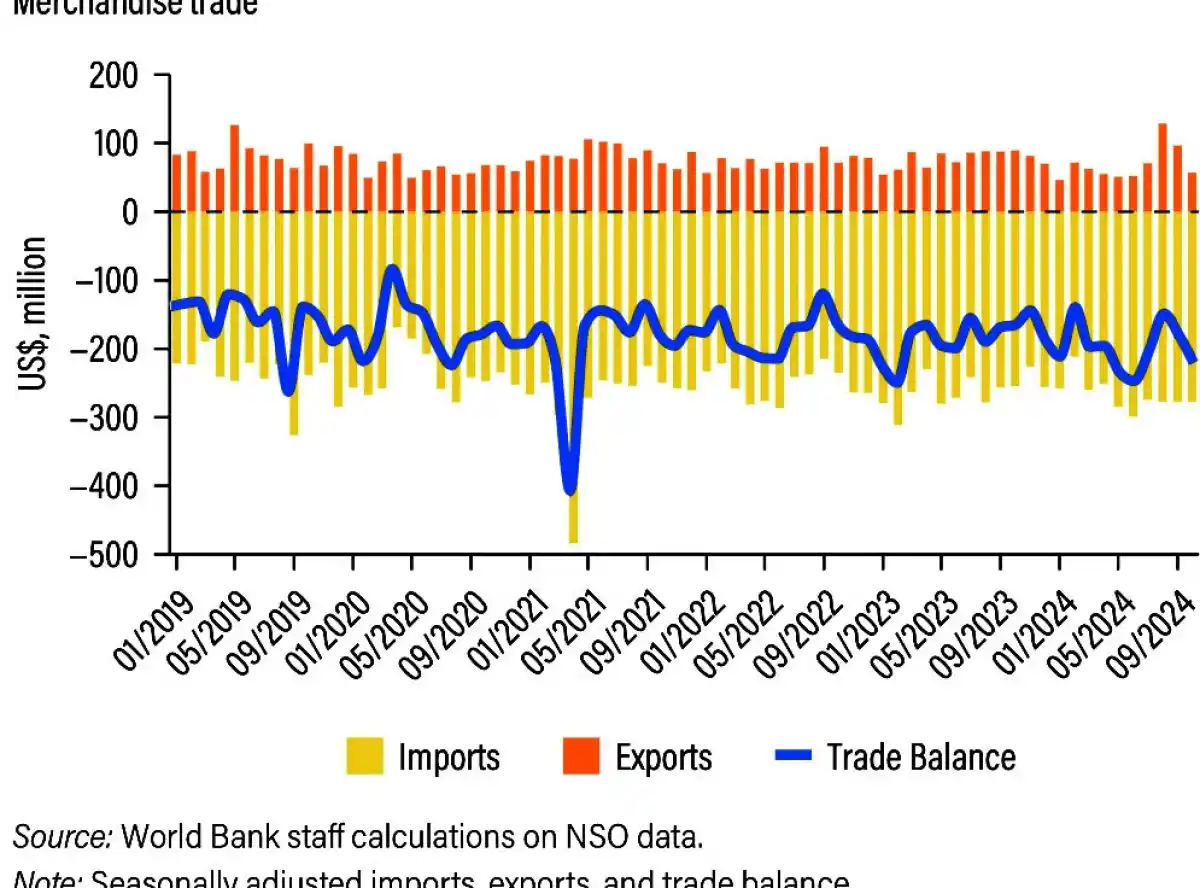

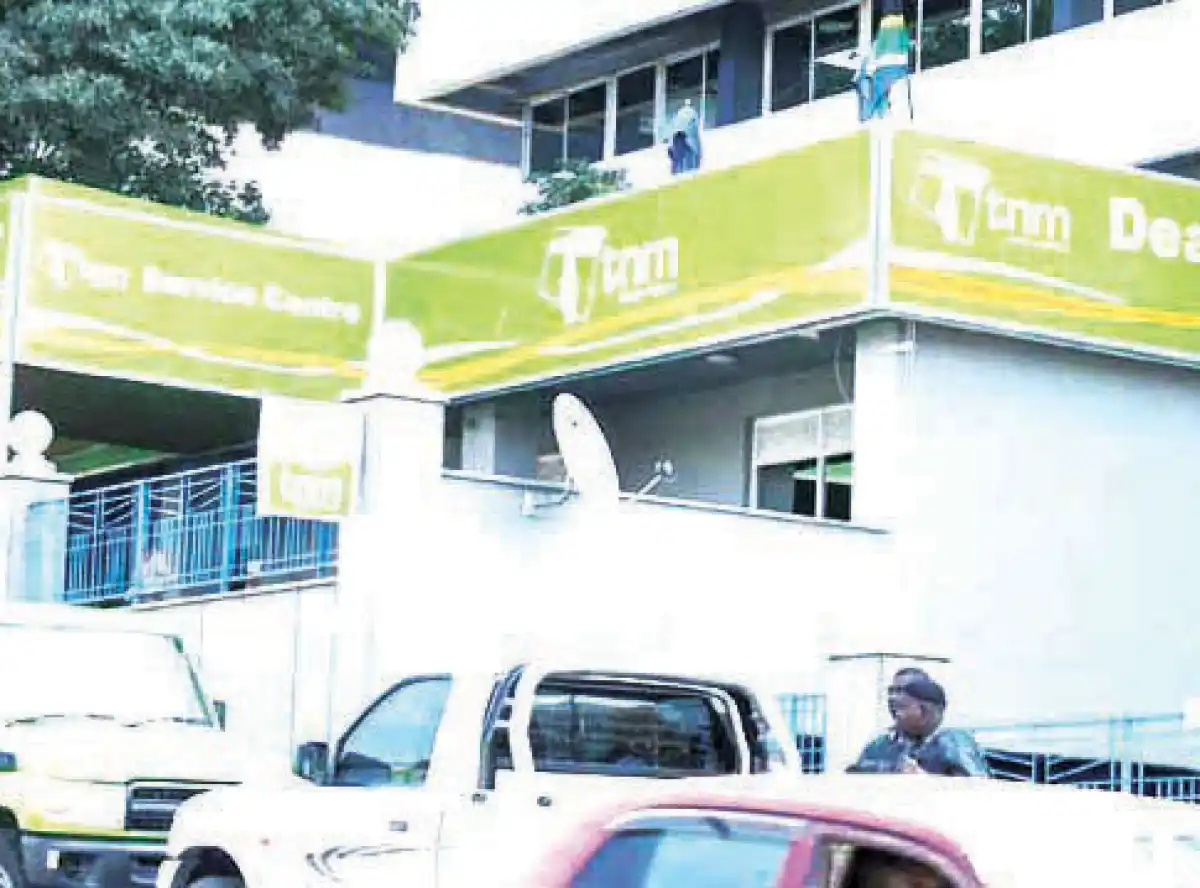
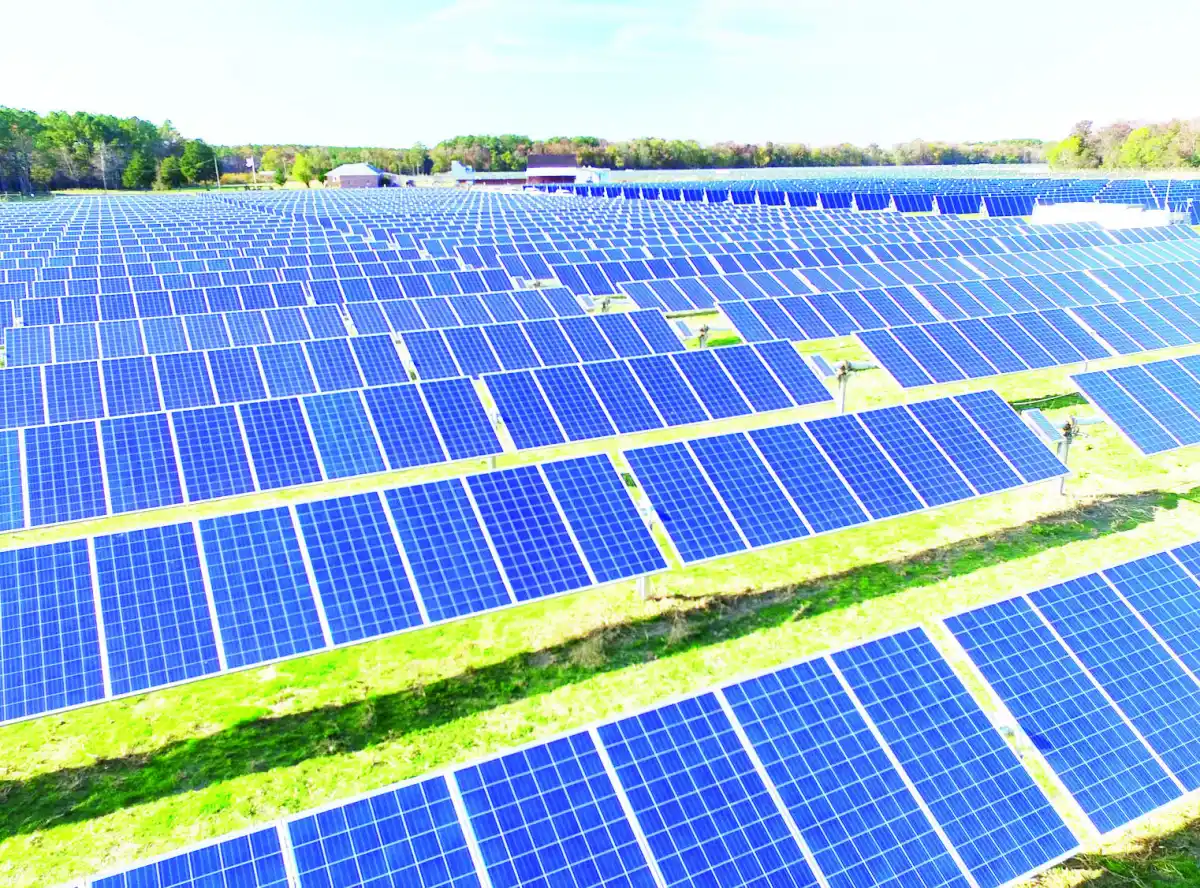
0 Comments